UN council visits Myanmar as it eyes action on Rohingya crisis
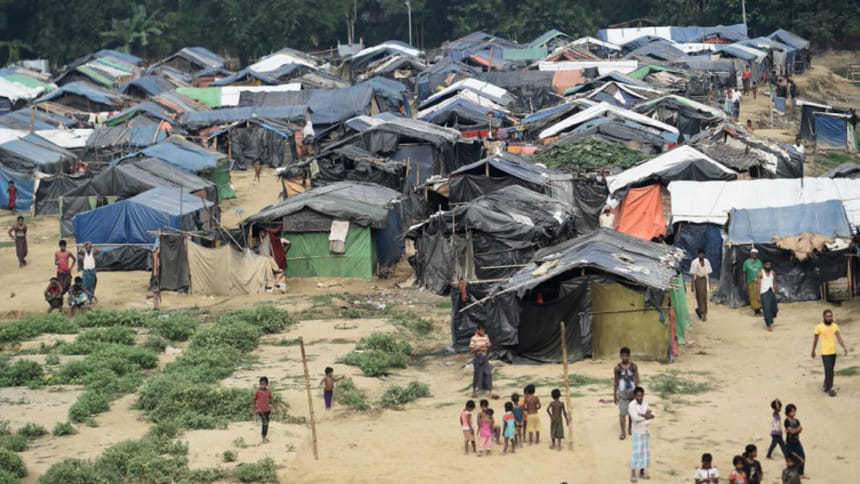
The UN Security Council will pay a visit to Bangladesh and Myanmar beginning Saturday as it weighs next steps to address one of the world's worst refugee crises, stemming from the forced exodus of Muslim Rohingya.
Myanmar has come under international scrutiny since a military campaign launched in August drove more than 700,000 Rohingya from their homes in northern Rakhine state and into crowded camps in Bangladesh.
The council is urging Myanmar to allow their safe return and take steps to end decades of discrimination that the Muslim minority has suffered in Buddhist-majority Myanmar.
The visit kicks off in the camps of Cox's Bazaar in Bangladesh where ambassadors will meet refugees, whose harrowing accounts of killings, rape and the torching of villages at the hands of Myanmar's military and militias have been documented in UN human rights reports.
Led by Kuwait, Britain and Peru, the four-day visit is expected to include a trip by helicopter to Rakhine to allow ambassadors to tour villages affected by the violence, including Pan Taw Pyin and Shwe Zar.
The council will hold talks with Myanmar's de facto leader Aung San Suu Kyi, who has been criticized for failing to speak out in defense of the Rohingya, and with Bangladesh's Prime Minister Sheikh Hasina.
Kuwait's Ambassador Mansour al-Otaibi said the visit was not about "naming and shaming" Myanmar, but that "the message will be very clear for them: the international community is following the situation and has great interest in resolving it."
"We are coming to see how can we help, how can we push things forward," he said, stressing that the current situation was "not acceptable."
"700,000 people have fled their country and they cannot go back. It's a humanitarian disaster."
After months of deliberations, Myanmar finally agreed this month to allow the council to visit as the government rejected accusations from the United Nations and Western countries that the attacks against the Rohingya were ethnic cleansing.
Myanmar has said the military operation in Rakhine is aimed at rooting out extremists.
British Ambassador Karen Pierce said it was "incredibly important" for the council to see the situation on the ground as it considers "what needs to be done next to help Myanmar develop as a modern, political and economic entity."
The United States and its European partners in the council have faced strong opposition to action on the Rohingya crisis from China, a supporter of Myanmar's former ruling junta.
The council adopted a statement in November that called on Myanmar to rein in its military, but there has been no resolution, a stronger measure that China would likely block as one of the veto-wielding permanent members.
"This trip represents an opportunity for the council to press the reset button," said Akshaya Kumar, UN deputy director for Human Rights Watch.
"They have taken almost no action," she said.
"So if this trip is what is needed to spur them to actually respond to the gravity of an ethnic cleansing on their watch, then we'll be waiting for a resolution when they return."
The president of the International Red Cross, which is providing aid to those affected by the violence in Rakhine, said the Myanmar government is rebuilding villages and taking steps to allow the Rohingya to return.
"But what we see is that people don't yet trust that this will give them safety and security," said Peter Maurer.
"We are at the beginning of the such a confidence-building process. It's a very long way to go," Maurer told reporters.
UN Secretary-General Antonio Guterres on Thursday announced the appointment of Christine Schraner Burgener, Switzerland's ambassador to Germany, as his new special envoy to Myanmar, following a months-long search for an emissary.

 For all latest news, follow The Daily Star's Google News channel.
For all latest news, follow The Daily Star's Google News channel. 

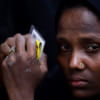
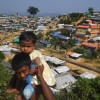
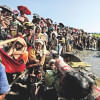
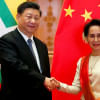
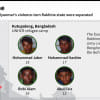


Comments